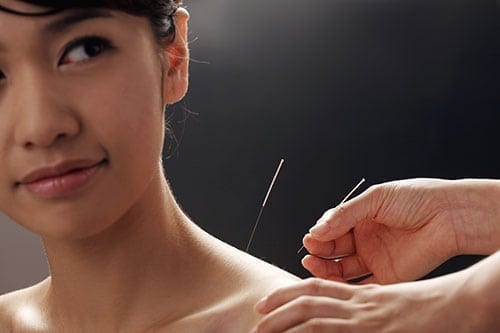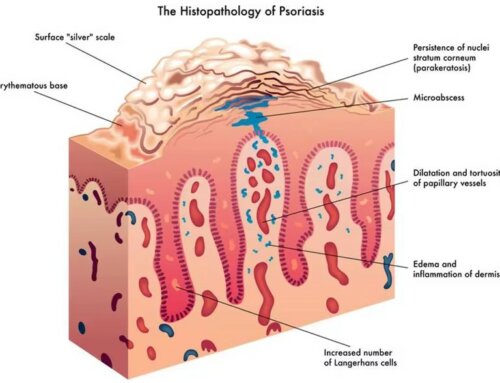People with type 2 diabetes have insulin resistance and their bodies do not use insulin properly. Effective diabetes management includes healthy lifestyle choices under the supervision of a medical health care team, which may include alternative providers such as an acupuncturist. Always check with your health care provider to see if this is a good option for you. Discover what acupuncture is and what it can mean when you have diabetes.
- >Acupuncture has been used to treat diabetes and other immune system ailments for thousands of years in the Asian regions of the world. According to Traditional Chinese Medicine “diabetes is caused by an imbalance of Qi in the organ systems and meridians”. This imbalance can deplete body fluids and cause diabetes-related symptoms such as blurry vision, fatigue, weight loss, hunger, thirst, frequent urination and infections. Diabetes treatment is based on balancing a person’s organ systems, Qi and blood circulation. This may improve pancreatic function as well as the function of other organs related to your diabetes symptoms.
- During acupuncture treatments, thin, sterile needles are inserted into different regions of the body to improve the function of your organs, reduce pain and inflammation and boost circulation. These needles are painless when placed correctly into various locations. This includes several meridians, which are believed to govern specific bodily functions. To help diabetes, needles may be inserted in your lower back area to help control the function of the pancreas and improve blood glucose levels. Patients may receive multiple acupuncture treatments weekly, based on their symptoms. Generally after the acute problem is improved sessions are more spaced out.
- An acupuncturist needs to be educated, licensed and insured. Acupuncturists are trained to diagnose and treat health issues such as diabetes and insulin-resistance as well as diabetes-related issues such as pain, inflammation, circulatory problems and neuropathy. During the initial consultation with an acupuncturist, patients should complete a detailed written form. It should include their medical history, medical providers, medications and current symptoms. A diagnosis is made based on each individual patient’s record. Certain organs are focused on during treatments, such as the pancreas, liver and spleen. Based on the organs related to the patient’s symptoms, various acupuncture points are used.
- Often the legs are targeted during treatment of patients with neuropathy. Needles may also be inserted in the lower back to help alleviate neuropathy and improve blood sugar levels. Other organs affected during treatment may include other parts of the endocrine system and kidneys. Organ functions are regulated by your autonomic nervous system. Acupuncture points on the front of the torso can help register the health of certain organs. The front of the torso is referred to as “Mu,” and the back is “Shu.” Acupuncture treatments might be done on the front and back of the torso, based on the patient’s symptoms and how their organs respond.
- Micro current therapies are an alternative to acupuncture. They use the same concepts of acupuncture, but needles are not part of the process. This electronic therapy includes a combination of color light therapy and micro current. It is a growing field referred to as Energy Medicine. This can be a viable option for patients who feel anxious about needles yet want the benefits associated with acupuncture. Discuss the possibilities with your doctor.
- Acupuncture may help with other problems related to your diabetes. It may help with depression, reduces stress markers, lower blood pressure, rev up neurotransmitters that help with sleep and could regulate hunger.
- While acupuncture may reduce blood sugar, improve circulation and relieve pain, it is not a substitute for conventional medicine. Continue to monitor your condition and consult with your medical health care team regularly. Test your blood sugar as directed. Use an Omron blood pressure monitor at home to gauge your blood pressure control. Continue to take medications and insulin as directed by your doctor. Remember to follow a positive lifestyle plan.
The well-planned combination of medical treatments, alternative therapies and healthy lifestyle habits can be a winner. A balanced approach is the best way to improve the function of your organs and minimize the complications associated with diabetes. Acupuncture may be an effective part of your diabetes self-management plan.







Leave A Comment